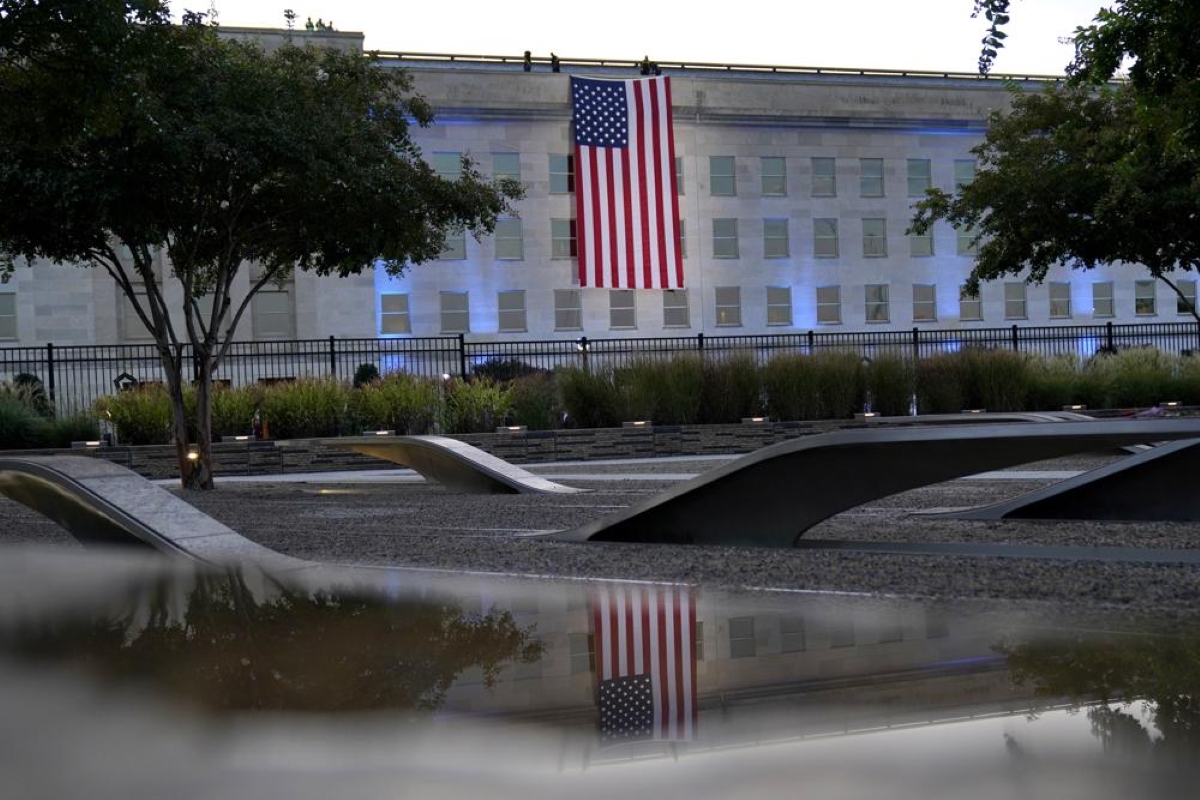Elaborate security for second phase polls in eight UP seats tomorrow
The seats going to polls are: Amroha, Meerut, Baghpat, Ghaziabad, Gautam Buddha Nagar, Bulandshahr (SC), Aligarh and Mathura.

Representation image
The 60th anniversary last week of the ‘March on Washington’ when hundreds of thousands of Americans rallied at the nation’s capital to advocate for civil rights and economic justice, and when Martin Luther King Jr. gave his historic ‘I Have a Dream’ speech, is perhaps a moment to reflect on what has and hasn’t changed in America over these past decades.
For one, it is clear that protest politics is very much on the agenda as racial inequalities persist and social unrest continues across the length and breadth of the land. The emphasis may now be on raising citizens’ collective voice against police brutality and anti-immigration attitudes, but these are only the contemporary manifestations of structural racism in America.
The Black Lives Matter protests in 2020 following the murder of George Floyd, for example, saw an estimated 26 million people participating, making it the largest protest movement in American history. According to an analysis by the American governance scholar Gabriel R. Sanchez, a look at survey data from 2020 illustrates that not only was participation high overall, it was disproportionately high among Americans from diverse racial and ethnic backgrounds and young people. For example, 24 per cent of all African-American respondents in an election survey from 2020 reported attending a march or rally to support racial justice or to protest police brutality.
Advertisement
African-American respondents between the ages of 18 and 29 were 15 per cent more likely to have attended. Participation in these protests across the USA was also high among Latinos, particularly those aged below 40. While 20 per cent of all Latino voters indicated they had attended a march or rally to support racial justice or protest police brutality during the 2020 election season, 28 per cent of Latinos under the age of 40 affirmed they did. Latinos engaging in the social movement against police brutality is reflective of the Black Lives Matter movement’s broader support outside the African-American community, iterates Sanchez. Support for the protest is driven by shared experiences with excessive force and perceived discrimination from law enforcement personnel. These experiences have forged a commonality of interests between Latinos and African-Americans, which also explains in some measure Black and Latino voters’ high levels of support for progressive immigra- tion policies.
But White America has hit back, and how. Electing Donald Trump as President, many scholars have argued, was their form of protest against what they see as appeasement of minorities and anti-integrationist policies. Interestingly, research has brought out that while racial minorities believe protests and demonstrations are effective in combating racial bias in policing or inspiring reform within the criminal justice system (between 47 and 52 per cent), this figure falls to 33 per cent among White Americans. The bottom line is that racial inequality and its educational-economic consequences are still the biggest social issue in the USA bar none. The movement started by King has legs
Advertisement